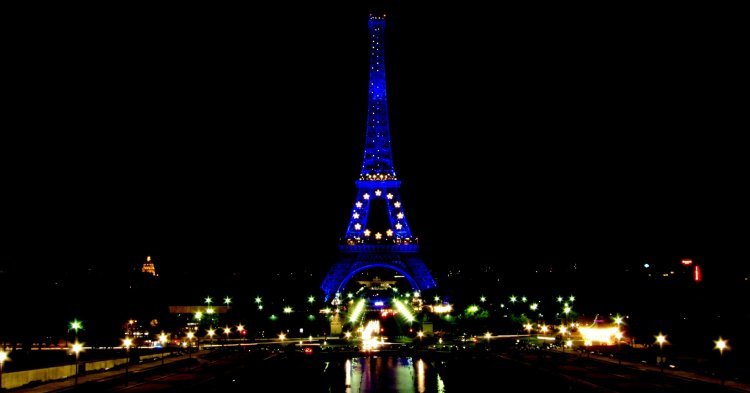Beyond the fight to safeguard democracy and the values inherited from the Enlightenment, to which France feels a strong attachment, this victory represents a final point in a debate on Europe. These presidential elections, presented as a kind of referendum on the European Union, have triggered many varied debates on the topic with competitors ranging from pro-Europeans to Frexit supporters. This outcome could be seen as a relief for Europe, but the challenge is in reality immense and requires an every-moment action. Discussions and negotiations between the different heads of States and of Governments will be necessary to shape the future of the EU and decide whether or not the Union’s political leadership must be changed.
Awaited reforms of the EU in Macron’s line of sight
Nevertheless, the election of the liberal centrist Emmanuel Macron, who is committed to a less austerity-driven Eurozone and the refusal of the reintroduction of internal borders within the EU, is an event of continent-wide significance. The newly elected President’s aspiration to reform the European Union to make it more effective is a strong commitment, which he has detailed in his electoral program. Already engaged in establishing relationships with some political leaders such as Matteo Renzi or Angela Merkel during his campaign, President Macron will have to perform persuasion and diplomacy skills to manage the difficult reforms he intends to initiate. It is with that goal that he has already built a circle of likeminded peers around him who are like him, unafraid to promote a closer European integration.
Europe must be a chance for the citizens, “a chance to regain our full sovereignty” (source?). Macron covets the launch of democratic conventions in each Member State of the EU from this autumn. The point is to allow the people to give their own view on the European project. Each of these conventions would determine a roadmap for the European Union and the policies it should lead. This process recalls the one Macron had organized to create his program “La Grande Marche”. On the basis of these debates, European governments would draw up of the different challenges, laying down the Union’s priorities for action and their implementation timetable for the next five to ten years to come.
Emmanuel Macron is pleading for debates on the European project and is willing to push forward the European construction with every effort needed, in the framework of the current institutions. This project is ambitious and tries to clear the European democracy for its citizens. He is suggesting a multi-speed Europe to end current blockades in the integration process. To do so, he wishes to create a government for the Eurozone, to have a Minister of Finance and a real European budget, allowing investments to the European level and a revival policy in the Eurozone. Completing the Eurozone is one of the top-missions Emmanuel Macron has given himself as French president for Europe.
A strong European leadership to be initiated by Macron
The pro-European program of the newly elected French President represents a chance for the EU that must not be underestimated: it shall be a fresh start, away from the economic crisis. The European level of decisions shall reappear to be the most efficient and relevant one towards a regained success. The Schengen crisis must be another topic discussed rapidly by the newFrench President. Indeed, the number one priority for the EU is to regain trust from the people: European leaders can no longer appear as far as they are today and Emmanuel Macron seems to have understood it. His election at the French presidency is good news and a real positive sign in this regard, while euroskepticism still notes too high proportions. The European Union can be healed with a strong political engagement such as Emmanuel Macron’s one!
However, European leaders must remain attentive to the wishes of European citizens. French far-right leader Marine Le Pen has succeeded to capture 33.9% of the votes, which is a distressing signal to those who believe the European Union is essential for the continent’s political stability and economic prosperity. Suggesting a referendum on EU membership or reinstating national border controls can be tempting ideas to a part of the population, a population that needs to be reassured to prevent the spreading of such destroying ideas. The growth of far-right populists in Europe shows the scale and severity of the problems that European citizens are facing. If none of these challenges are successfully managed, we could be facing a very different outcome in five years down the track.
Today, France has a new social-liberal president who can give the opportunity to Europe to engage the huge reform-agenda awaiting. Vive la France ! Vive l’Europe !


Follow the comments: |
|
